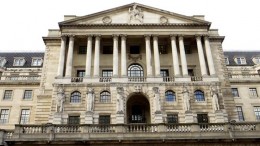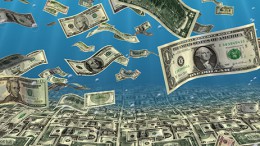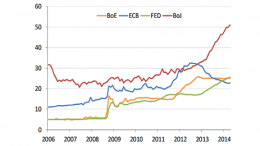UK: All Change at the Bank of England?
UBS | The announcement of the policy decision at midday on Thursday will also include the minutes to the meeting, alongside the publication and press conference for the August Inflation Report. This will make for more transparency, but will mean a lot of information for the market to digest in one go.










